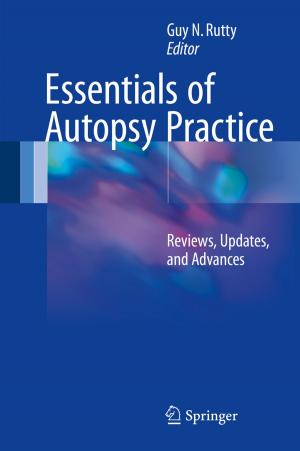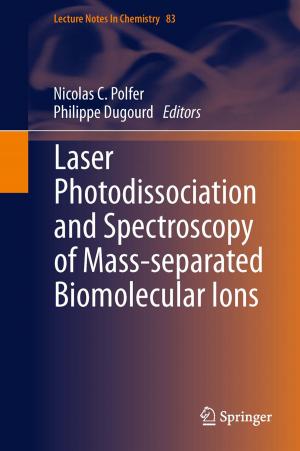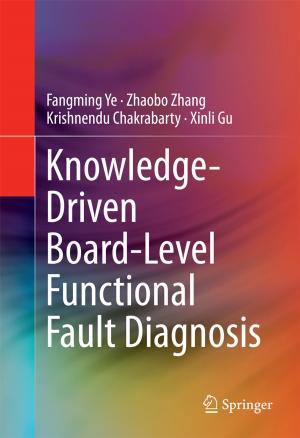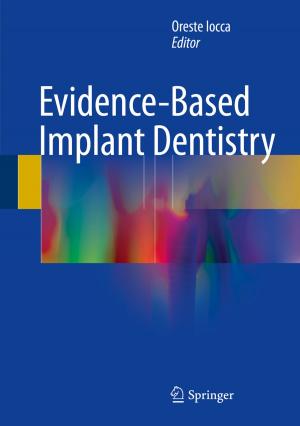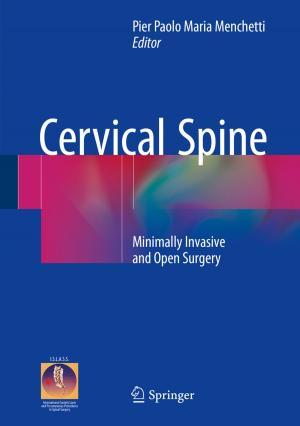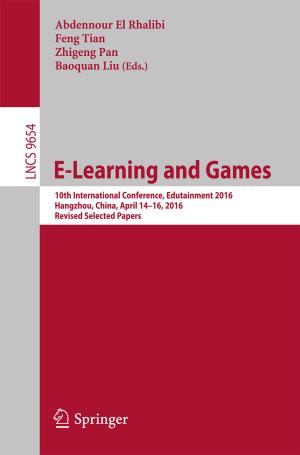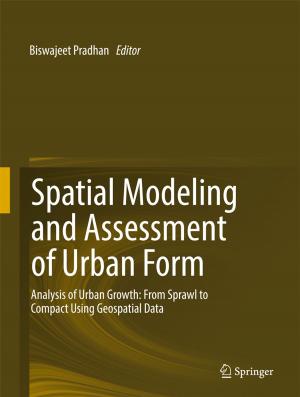Online Damage Detection in Structural Systems
Applications of Proper Orthogonal Decomposition, and Kalman and Particle Filters
Nonfiction, Science & Nature, Technology, Engineering, Mechanical, Electronics| Author: | Saeed Eftekhar Azam | ISBN: | 9783319025599 |
| Publisher: | Springer International Publishing | Publication: | January 21, 2014 |
| Imprint: | Springer | Language: | English |
| Author: | Saeed Eftekhar Azam |
| ISBN: | 9783319025599 |
| Publisher: | Springer International Publishing |
| Publication: | January 21, 2014 |
| Imprint: | Springer |
| Language: | English |
This monograph assesses in depth the application of recursive Bayesian filters in structural health monitoring. Although the methods and algorithms used here are well established in the field of automatic control, their application in the realm of civil engineering has to date been limited. The monograph is therefore intended as a reference for structural and civil engineers who wish to conduct research in this field. To this end, the main notions underlying the families of Kalman and particle filters are scrutinized through explanations within the text and numerous numerical examples. The main limitations to their application in monitoring of high-rise buildings are discussed and a remedy based on a synergy of reduced order modeling (based on proper orthogonal decomposition) and Bayesian estimation is proposed. The performance and effectiveness of the proposed algorithm is demonstrated via pseudo-experimental evaluations.
This monograph assesses in depth the application of recursive Bayesian filters in structural health monitoring. Although the methods and algorithms used here are well established in the field of automatic control, their application in the realm of civil engineering has to date been limited. The monograph is therefore intended as a reference for structural and civil engineers who wish to conduct research in this field. To this end, the main notions underlying the families of Kalman and particle filters are scrutinized through explanations within the text and numerous numerical examples. The main limitations to their application in monitoring of high-rise buildings are discussed and a remedy based on a synergy of reduced order modeling (based on proper orthogonal decomposition) and Bayesian estimation is proposed. The performance and effectiveness of the proposed algorithm is demonstrated via pseudo-experimental evaluations.




